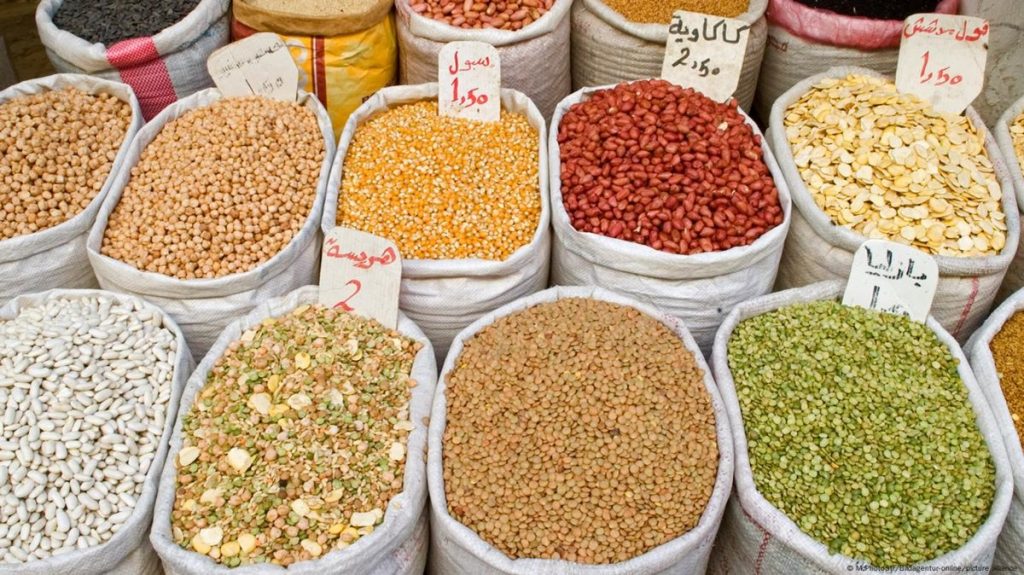Ghana is imposing a ban on the export of certain grains, including rice, corn, and soy, to prevent a potential food shortage caused by drought.
Agriculture Minister Bryan Acheampong announced to reporters in Accra on Monday that over the past two months, drought and near-drought conditions have heightened the risk of crop failure in regions that account for around 62% of the country’s grain production.
“As much as 1.8 million hectares of land are at risk and farmers growing food on roughly half that area have already been impacted”, he said.
“We are forecasting a significant shortfall in grain availability,” said Acheampong. “Without any interventions, this could lead to a nationwide food shortage.”
Ghana is joining countries like Nigeria and Ivory Coast in restricting grain exports this year to bolster food security. This move follows a severe drought in southern Africa, affecting Zambia, Botswana, and Zimbabwe, which experienced the driest February in at least forty years.
The drought is attributed to the El Niño weather phenomenon, which wiped out crops across the region.
On Monday, Finance Minister Mohammed Amin Adam announced that Ghana aims to raise $500 million, including approximately $155 million from the World Bank and other development partners, to address the grain shortage.
“Authorities will tap the funding to offer some compensation to affected farmers, with payments of 1,000 cedis ($64) per hectare. The country also intends to import grain to make up for the shortage”, he said.
Amin Adam said these imports will likely weaken the currency and raise food inflation risk. Ghana’s annual inflation rate is already hovering above 20%.

